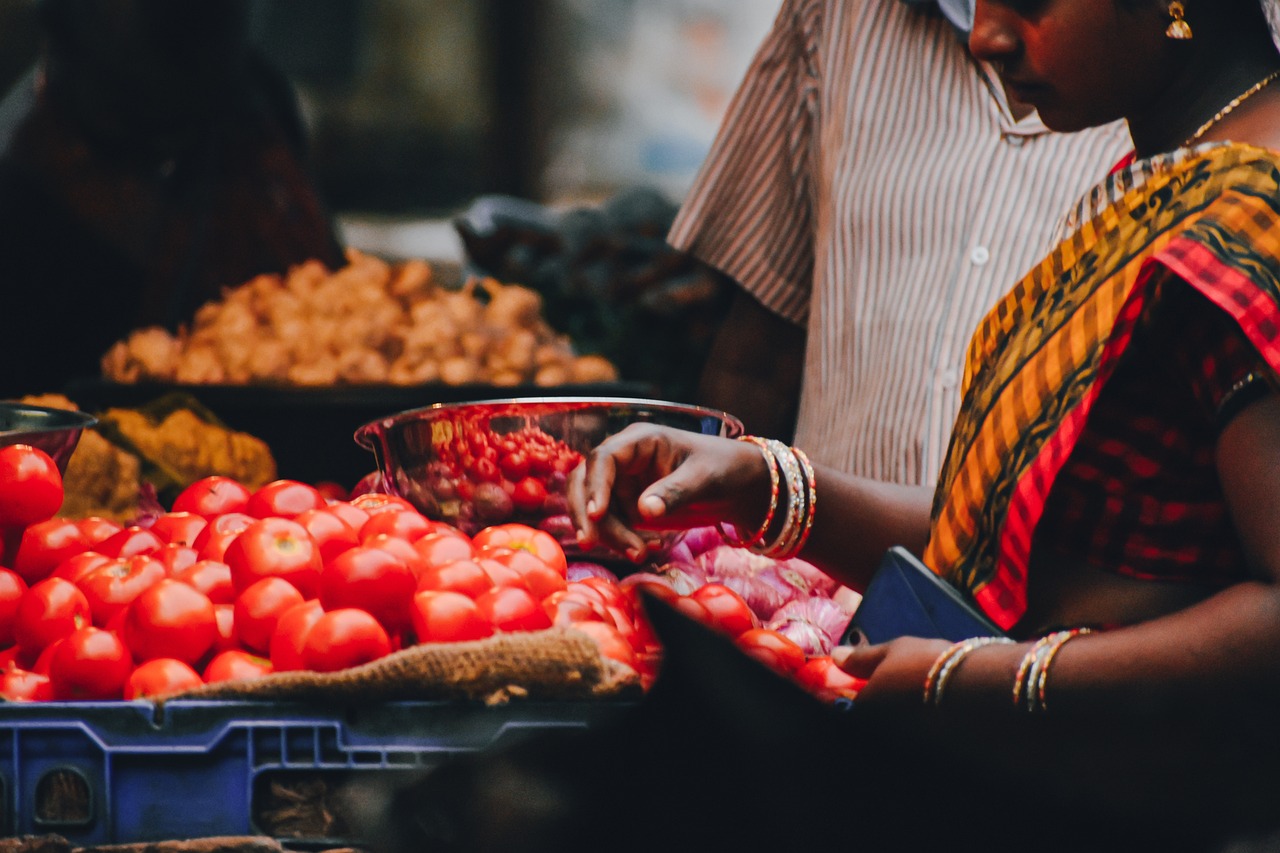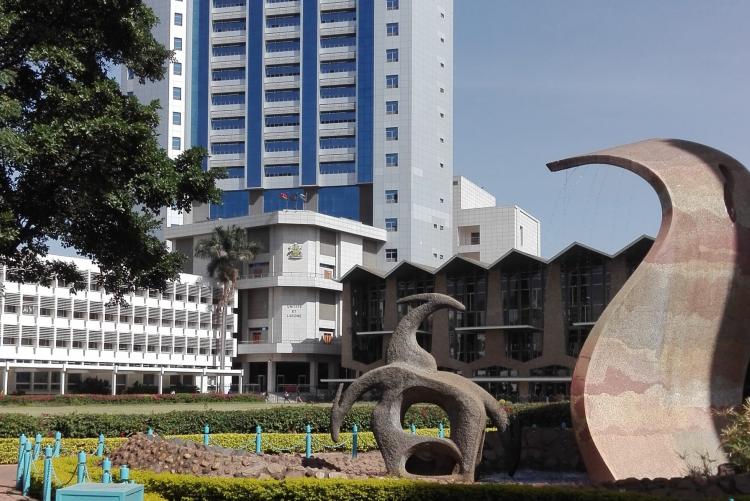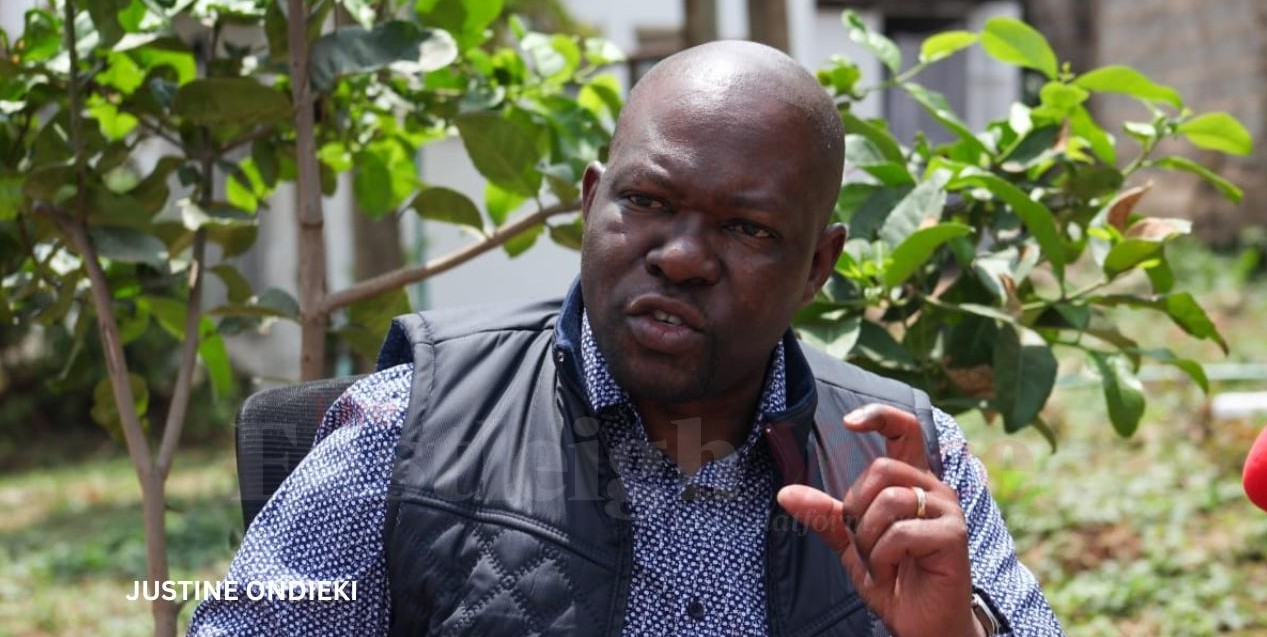Millions of Kenyans facing financial hardship as cost of living outpaces wages – report

Real wages fell from negative 1.4 per cent in 2020 to negative 4.1 per cent in 2023, before showing only minor recovery in 2024.
Millions of Kenyans are facing severe financial strain as wages fail to keep up with the rising cost of living, according to a new report by the Parliamentary Budget Office (PBO).
Despite government claims of steady economic growth, the report warns that many households are living “hand to mouth,” struggling to cover basic expenses.
More To Read
- World Bank upgrades Kenya’s growth outlook to 4.9 per cent, warns of elevated risks
- ODM at 20: Babu Owino warns of mass action over cost of living, questions new appointments
- CBK targets Sh40 billion in new Treasury bond auction
- 2.1 million face hunger in Kenya’s ASALs as climate pressures mount
- Private business activity growth surges in October on strengthening sales
- Food inflation remains high despite overall stability - KNBS
Presented to the National Assembly’s Budget and Appropriations Committee, the PBO report, led by Martin Masinde, revealed a sustained drop in real wages between 2020 and 2023.
“There was a consecutive negative growth in real wages per employee, coupled with rising inflation, between 2020 and 2023, signifying a reduction in purchasing power for individuals in the formal sector,” the report said.
Real wages fell from negative 1.4 per cent in 2020 to negative 4.1 per cent in 2023, before showing only minor recovery in 2024.
The experts explained that even those in formal employment saw their earnings buy less over time.
“This illustrates a worsening situation where wages are not keeping up with inflation,” the report noted. During the same period, inflation rose from 5.3 per cent to 7.7 per cent, meaning prices of goods and services increased faster than salaries.
“As inflation rose, the cost of living increased, which meant that individuals needed more money to purchase the same basket of goods and services,” the report added.
While inflation is projected to decline to 4.5 per cent in 2024, experts warned that this may not immediately relieve the pressure on households.
The PBO also highlighted the risk of deepening inequality and poverty.
“Negative real wage growth implies workers were effectively able to buy less with the money they earned,” the report said.
Reduced consumer spending and mounting financial pressure, the team said, could further strain vulnerable families.
The report questioned the government’s optimistic economic forecasts, predicting growth of only 4.8 per cent compared to the Treasury’s 5.3 per cent estimate.
Rising prices of essential items such as food, housing, and transport are outpacing wage increases, the PBO noted, while small businesses are also struggling.
Access to credit in the private sector has stalled, leaving small enterprises, the nation’s major employers, unable to expand or even maintain operations.
Meanwhile, government borrowing jumped by 16.4 per cent, absorbing available funds and raising borrowing costs for everyone else.
The PBO concluded that Kenya’s economic outlook depends heavily on the “efficient and timely implementation” of the government’s BETA agenda.
The team also warned that food prices could remain high, partly due to below-average short rains expected between October and December, which could maintain inflationary pressures.
Top Stories Today













































